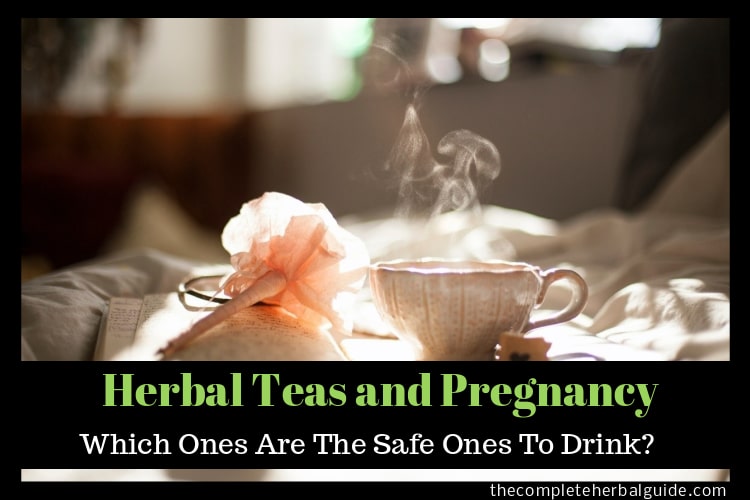
Herbal Remedies, Supplements & Teas During Pregnancy
Improved memory (what pregnant woman couldn’t use that?), sounder sleep (ditto!), better moods (double ditto!), improved immunity against colds and flu (who needs to be sick when you’re already morning sick?): Herbal supplements do make the most tempting of promises — especially when pregnancy leaves you with few self-medicating options open (and your medicine cabinet closed). Would it really hurt to pop a couple of Ginkgo Biloba to give your brain cells a fighting chance of remembering to pay this month’s electric bill?
Or a melatonin to guarantee that you’ll sleep like a baby (even when it’s a baby-to-be who’s keeping you awake)? Or a Sam-e or Saint-John’s-wort so you could stop crying during sappy commercials? And what about an echinacea or two to fend off the germs after you were sneezed on (twice) at that afternoon meeting? After all, the bottles say “all-natural”…and you did buy them at the health-food store.
Would it really hurt to pop a couple of Ginkgo Biloba to give your brain cells a fighting chance of remembering to pay this month’s electric bill? Or a melatonin to guarantee that you’ll sleep like a baby (even when it’s a baby-to-be who’s keeping you awake)? Or a Sam-e or Saint-John’s-wort so you could stop crying during sappy commercials? And what about an echinacea or two to fend off the germs after you were sneezed on (twice) at that afternoon meeting? After all, the bottles say “all-natural”…and you did buy them at the health-food store.
Actually, it could hurt — particularly now that, at 19 weeks pregnant, you’re sharing those pills with a little someone else. “All-natural” doesn’t make herbal preparations “all safe,” and neither does a health-food-store pedigree. Herbal preparations are not tested or approved by the FDA and are not required to undergo clinical trials, which mean that their safety (or lack of) is unknown. Even herbs that you’ve heard could be helpful during pregnancy could be dangerous at different points during those nine months.
For example, some herbs purported to help bring on labor can cause premature labor if taken before full-term. And many herbs are downright dangerous if taken at any time during pregnancy (such as basil oil, black or blue cohosh, clove oil, comfrey, juniper, mistletoe, pennyroyal, sassafras, wild yam, and many others). It’s always smart to proceed with caution when you’re self-medicating with herbals — but twice as smart when you’re self-medicating for two. To play it safe, don’t take any herbal preparation (even ones you used freely preconception) unless it’s prescribed by your practitioner for use during pregnancy. If you’d like to feel like a natural woman during your pregnancy, look into other natural therapies that do not include ingesting anything (such as acupuncture, massage, meditation, etc.).
What about herbal teas (especially since you’ve heard that some could be helpful easing nausea…or getting you to sleep faster)? The FDA has also urged caution on the use of most herbal teas during pregnancy and breastfeeding (some herbal teas, such as red raspberry leaf, taken in large amounts in early pregnancy, are thought to increase the risk of miscarriage or preterm labor). So before you brew up some trouble with your cup of tea, keep this in mind: Read labels carefully to make sure your tea doesn’t contain any questionable ingredients (some brews that seem to be fruit-based also contain a variety of herbs). Stick to regular (black) tea or flavored black tea. Chamomile is considered safe in small amounts during pregnancy.
You can also mix your own flavored decaffeinated tea by using juices, orange or lemon rinds, fruit slices (apples, pineapples, pears), cinnamon, cloves, or other familiar ingredients. Green tea is also safe in moderation, but keep in mind its high caffeine content (though it’s still lower than coffee). And never brew a homemade tea from a plant growing in your backyard unless you know exactly what it is and that it’s safe for use during pregnancy.






